The EU Deforestation Regulation (EUDR) is expected to come into effect in January 2025. Currently, Vietnamese coffee businesses are ready to meet the regulations.
The EU Deforestation Reduction Regulation (EUDR) is expected to come into force for large businesses in January 2025. The range of products covered by the regulation includes: Livestock, cocoa, coffee, palm oil, rubber, soy, wood and some products derived from these commodities.
Under the regulations, any operator or trader placing these items on the EU market or exporting from it must demonstrate that the products do not originate from recently deforested land or contribute to forest degradation.
Mr. Pham Thang - General Secretary of the Vietnam Coffee - Cocoa Association had an interview about this issue with Cong Thuong Newspaper.
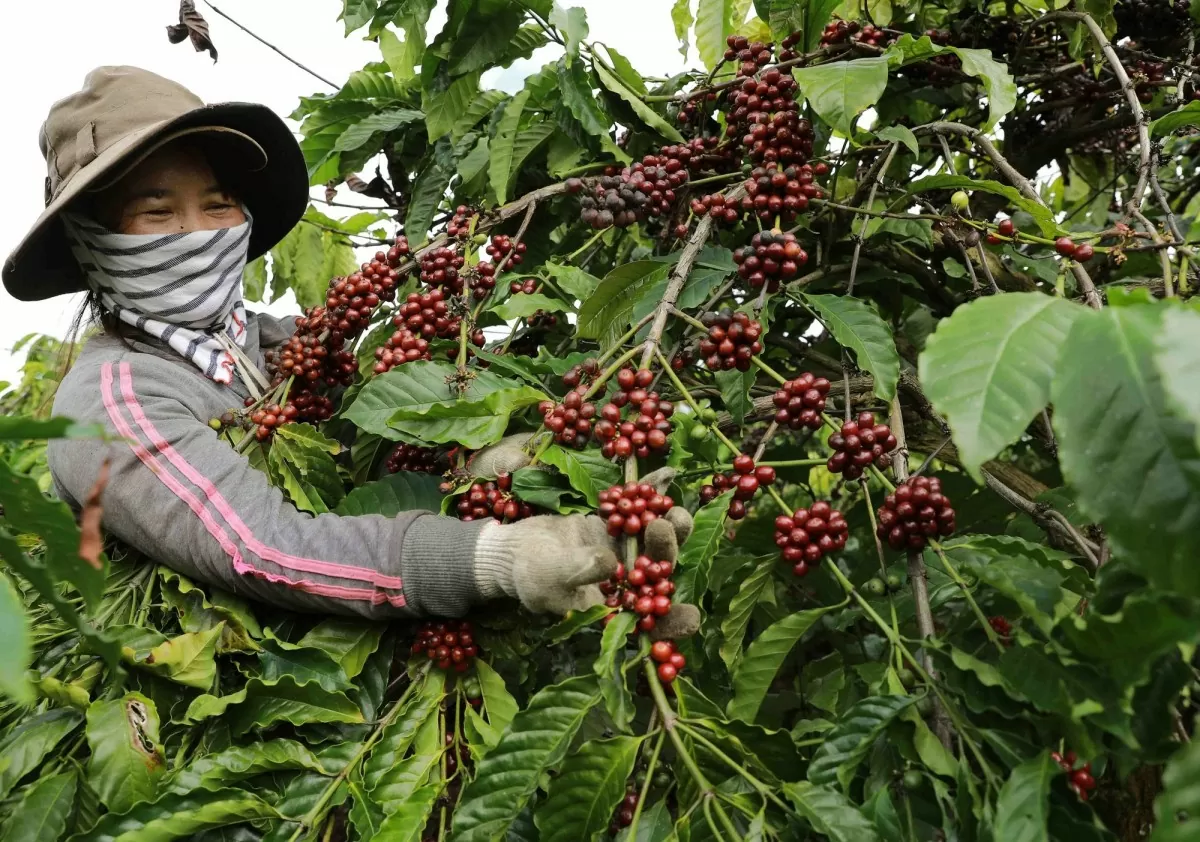 |
| Recently, coffee farmers and businesses have paid much attention to EUDR. Photo: VNA |
Coffee is one of the industries most affected by the EU Anti-Deforestation Regulation. From the perspective of the Vietnam Coffee - Cocoa Association , could you please tell us about the impacts of this EUDR regulation on Vietnamese coffee cultivation ?
As we know, the EUDR Regulation affects 7 main products of Vietnam, including coffee. Currently, the coffee area of Vietnam is over 700,000 hectares, mainly in 5 provinces of the Central Highlands. Recently, farmers and businesses have paid much attention to the EUDR, especially the issue of traceability.
However, there are still some confusions about some EUDR regulations on GPS positioning confirming the risk of deforestation that have not been unified. On the other hand, many opinions say that if we unify according to the EUDR deforestation land map, it will deviate from some of the general regulations we have done before, in addition, each purchasing company has made its own regulations.
In response to the regulations set forth by the EUDR, the Vietnam Coffee and Cocoa Association has also been fully aware of them, and has cooperated with the Ministry of Agriculture and Rural Development, along with certification agencies, to issue official dispatches to provide guidance on the procedures and contents of the EUDR, of which the EU deforestation map is the most important. In addition, we have also sent members to study the agencies that set forth the EUDR regulations in the EU.
Currently, coffee businesses are relatively well prepared to adapt to EUDR regulations as soon as they come into effect. However, the implementation process will be different, so it is necessary to have the support of competent authorities to guide coffee businesses to implement them most effectively.
 |
| Mr. Pham Thang - General Secretary of Vietnam Coffee-Cocoa Association. Photo: Quoc Chuyen |
Up to now, coffee enterprises, farming households, and coffee exporters have proactively changed to adapt to this regulation. However, the challenges are still huge, especially the regulations on tracing the origin of cultivated land or appraisal regulations . What do you think about this assessment?
In recent times, the Ministry of Agriculture and Rural Development and international organizations have actively supported the Vietnam Coffee and Cocoa Association, businesses, including many leading businesses in the industry... to implement the EUDR regulations. Many businesses have declared the content and methods that European roasters require to comply with the EUDR regulations. Accordingly, many orders have followed the EUDR instructions. However, in the time until the EUDR regulations come into effect, coffee businesses are still waiting and waiting.
Up to now, many Vietnamese coffee enterprises have demonstrated their ability to adapt and meet the regulations of EUDR. So, could you please tell us, in the coming time, how has the Vietnam Coffee - Cocoa Association and its member enterprises changed and implemented steps to adapt to this regulation?
Vietnam currently has over 700 thousand hectares of coffee, and in the last 4 years, the coffee area has tended to decrease, the newly planted area in 2025 is insignificant. Therefore, Vietnamese businesses are confident that our products meet the initial criteria of not destroying forests.
Currently, the 2024-2025 coffee crop has just begun, and there are not many exports yet. However, we also closely monitor businesses' information declaration and compliance with EUDR regulations. The European market also highly appreciates Vietnam as a pioneer in supporting EUDR regulations, and businesses themselves are also aware of forest protection and not affecting the environment from coffee production.
On the side of the Vietnam Coffee - Cocoa Association, what suggestions do you have for the Government, relevant ministries and sectors in supporting and accompanying businesses to adapt to the EU's anti-deforestation regulations as well as to protect producers and businesses in the process of complying with EU regulations , sir?
Coffee is one of the main export products of the agricultural sector. In the 2023-2024 crop year, Vietnam exported about 1.45 million tons, with an export turnover of over 5 billion USD. Up to now, the export turnover has surpassed that of 2023... Entering a new phase, for the coffee industry to develop further, we hope that agencies, ministries and branches will pay attention and guide us in developing a set of rules to implement the EUDR regulations of Europe, and issue legal land ownership certificates for farmers to meet the regulations.
Thank you!
Source: https://congthuong.vn/doanh-nghiep-ca-phe-chu-dong-dap-ung-quy-dinh-chong-pha-rung-cua-eu-359020.html








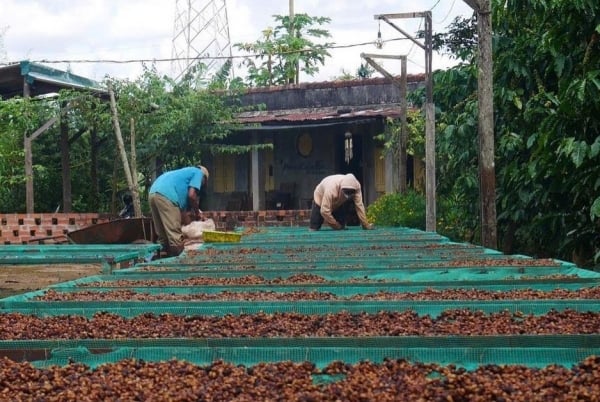
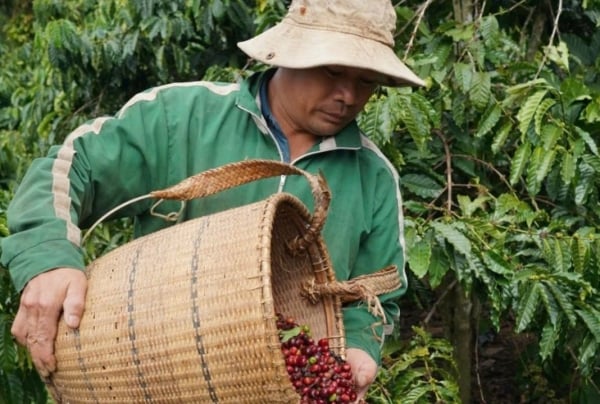
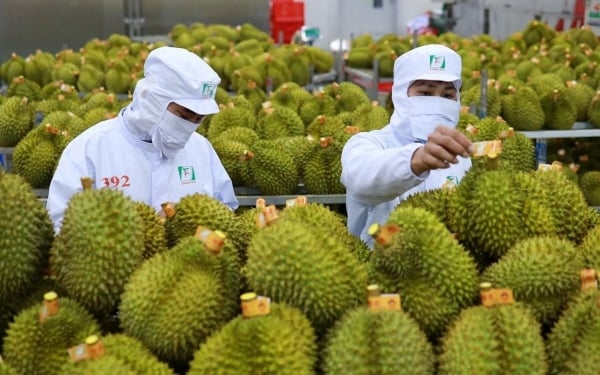




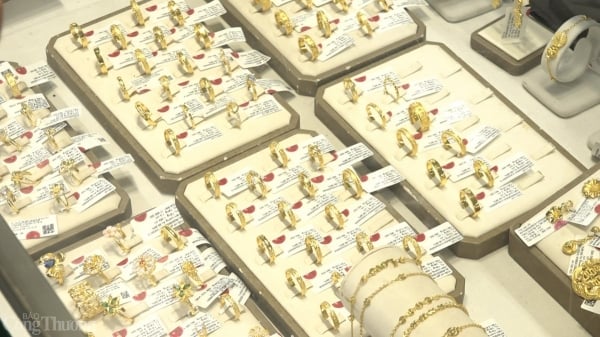
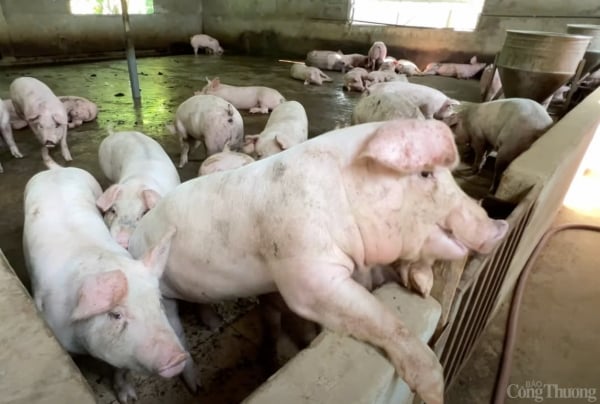
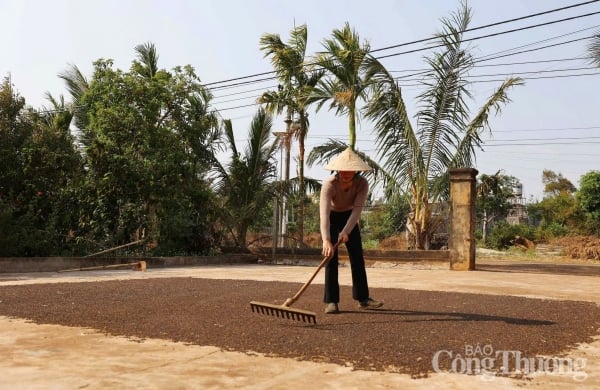
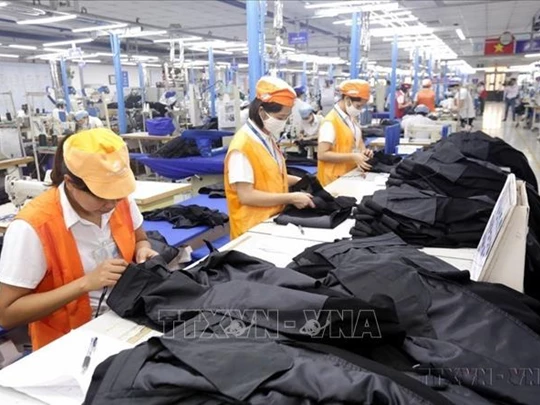



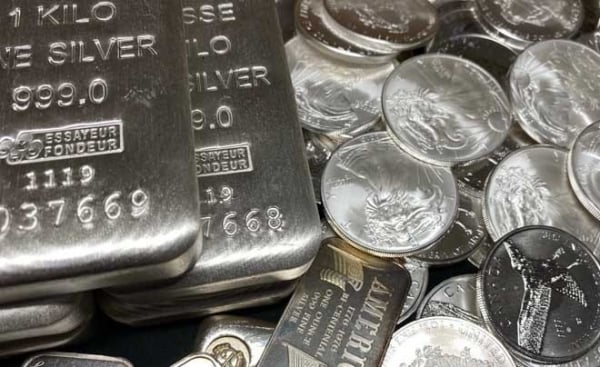
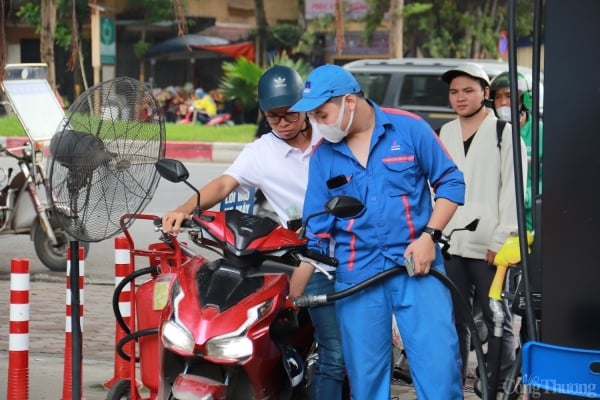
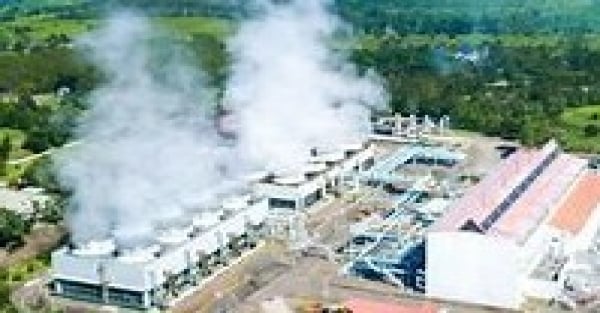
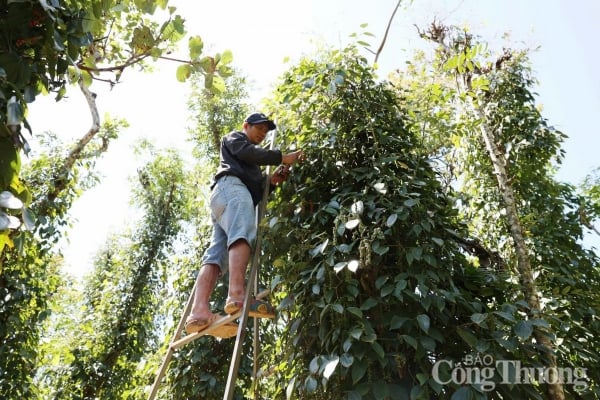

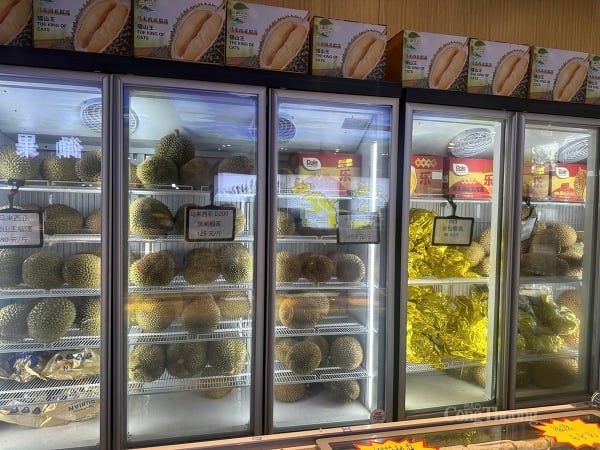
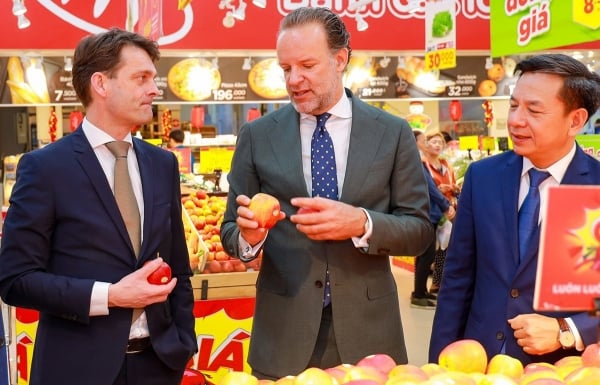







![[Photo] Prime Minister Pham Minh Chinh chairs Government Conference with localities on economic growth](https://vstatic.vietnam.vn/vietnam/resource/IMAGE/2025/2/21/f34583484f2643a2a2b72168a0d64baa)








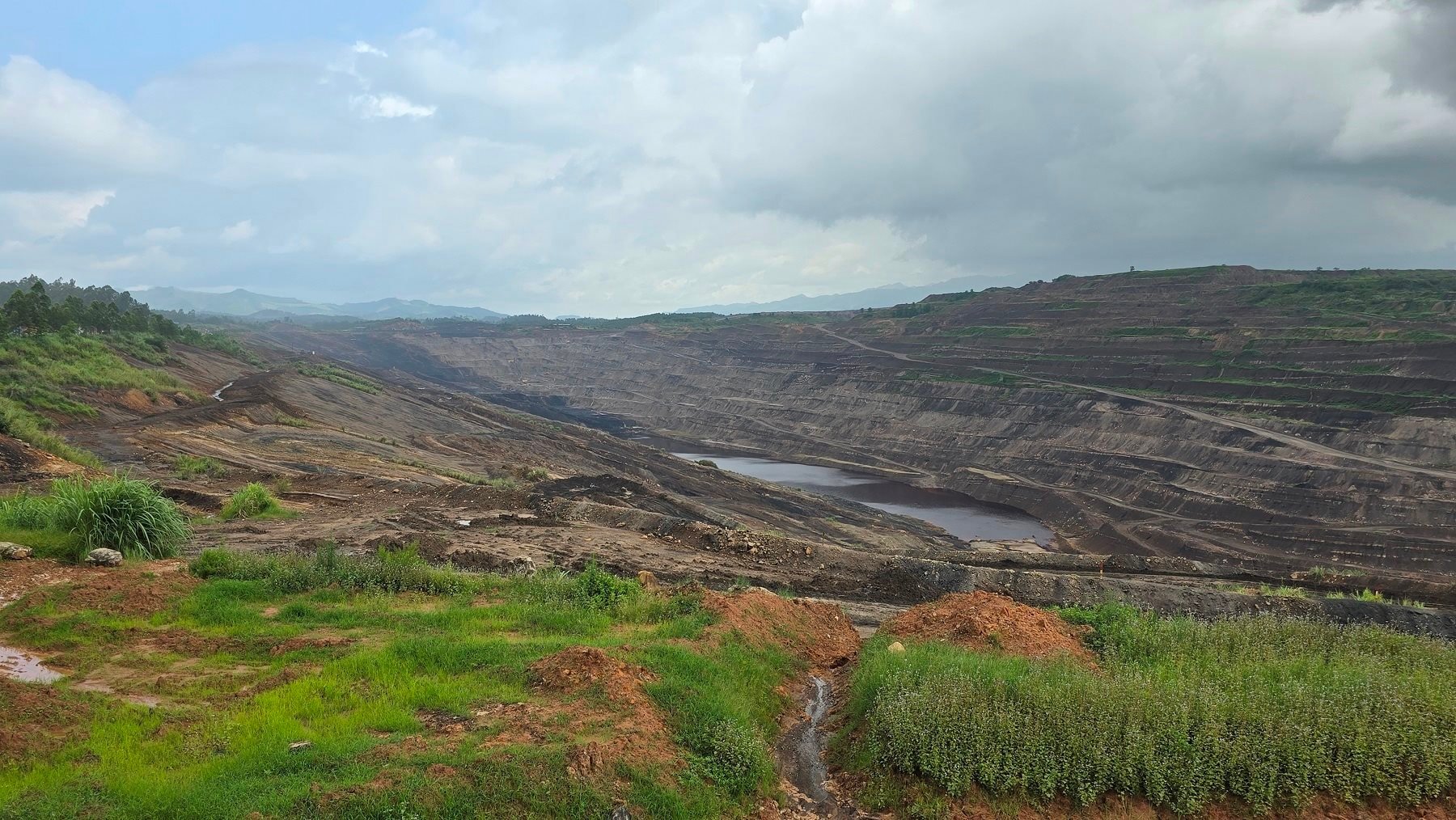






















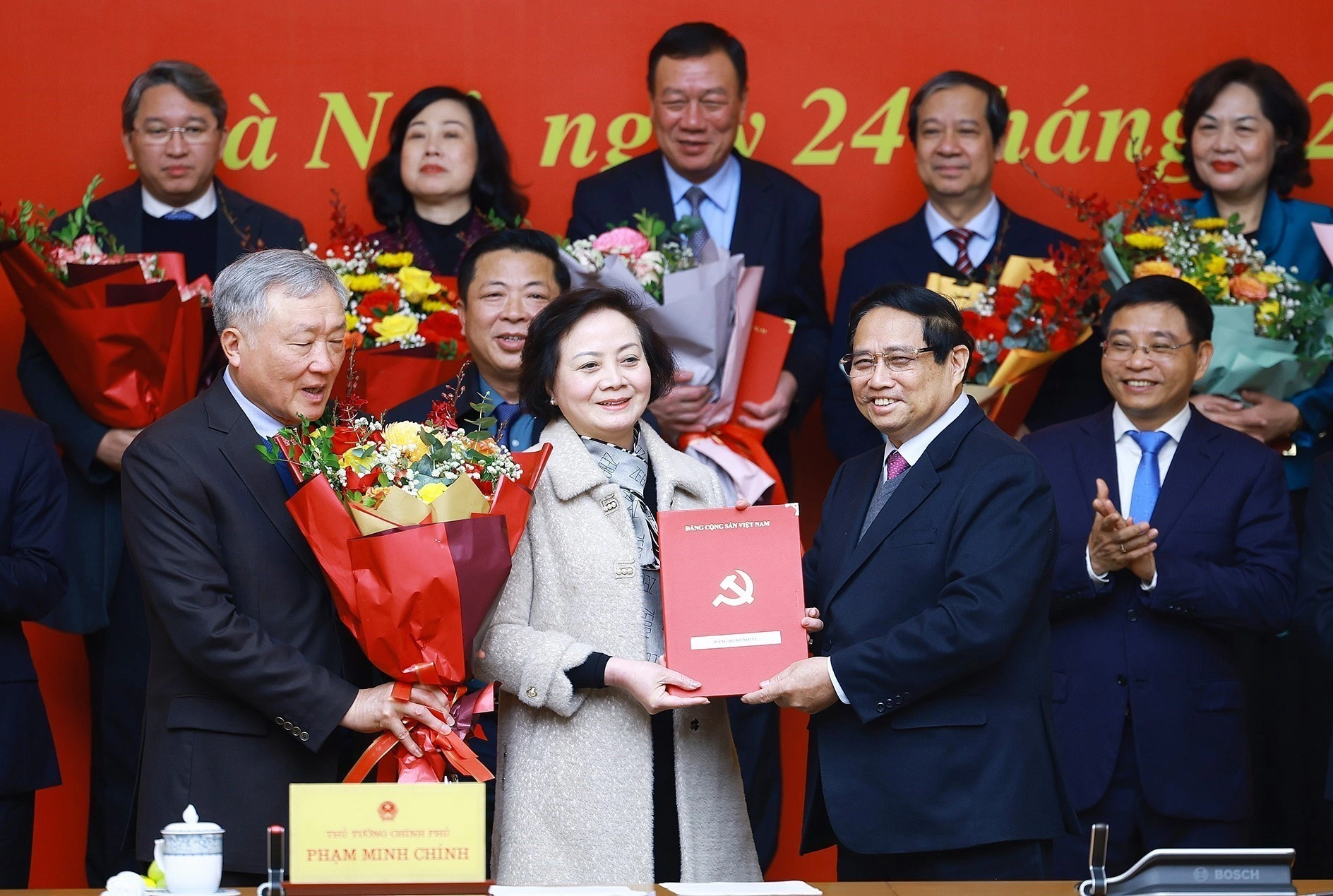






















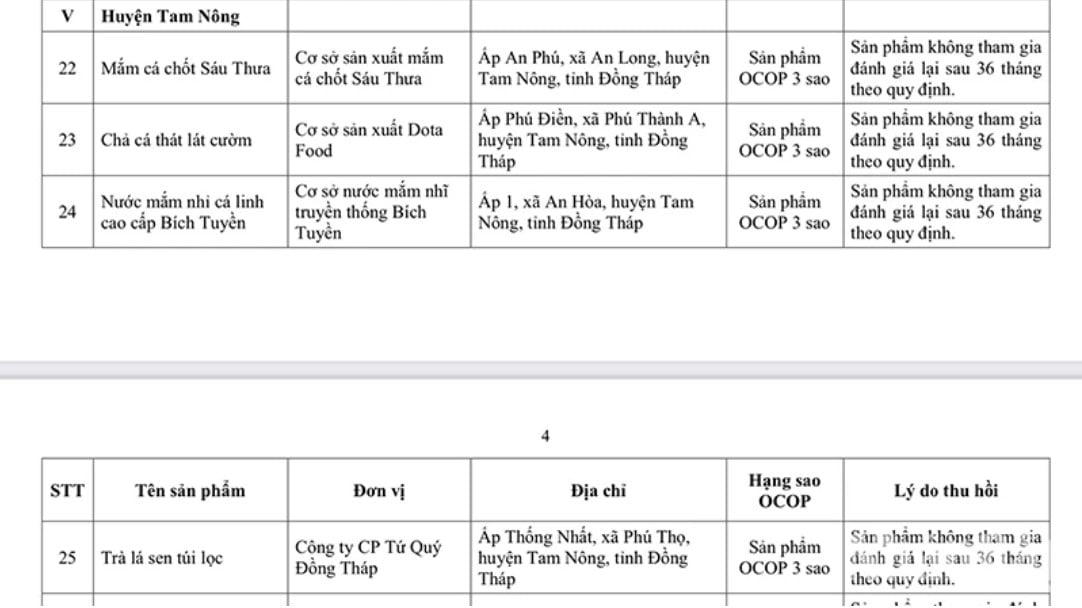

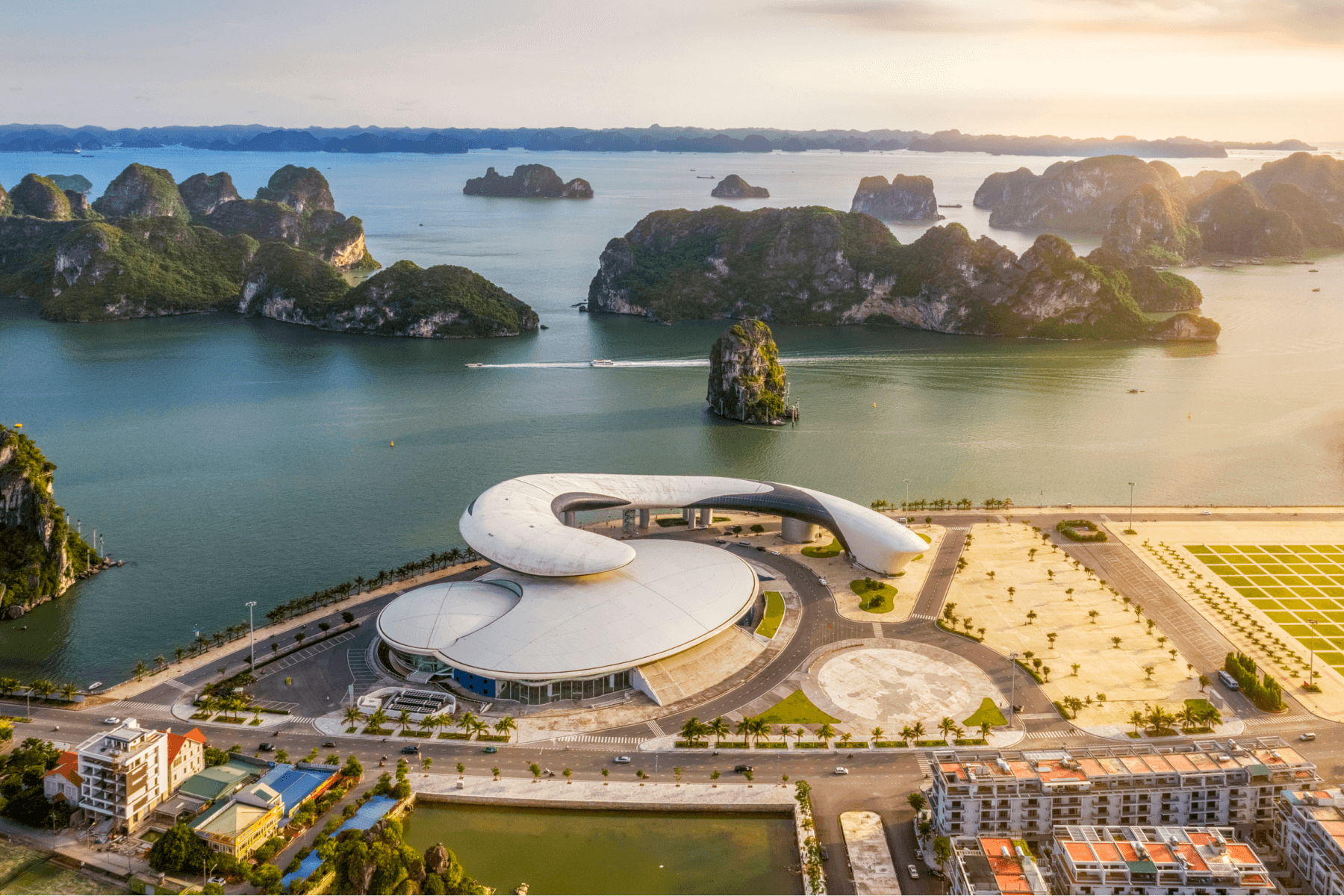
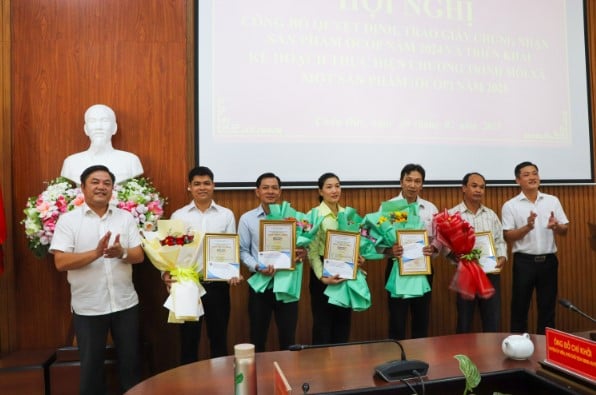
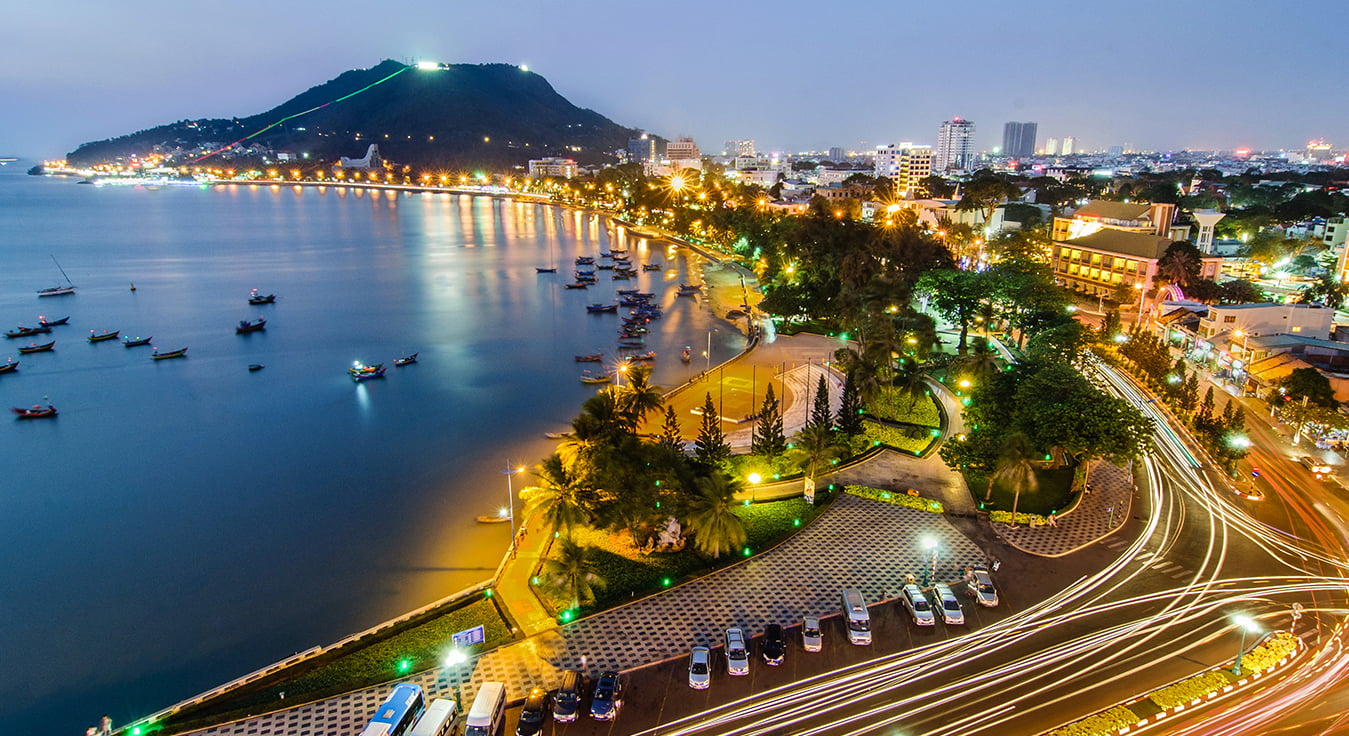
Comment (0)